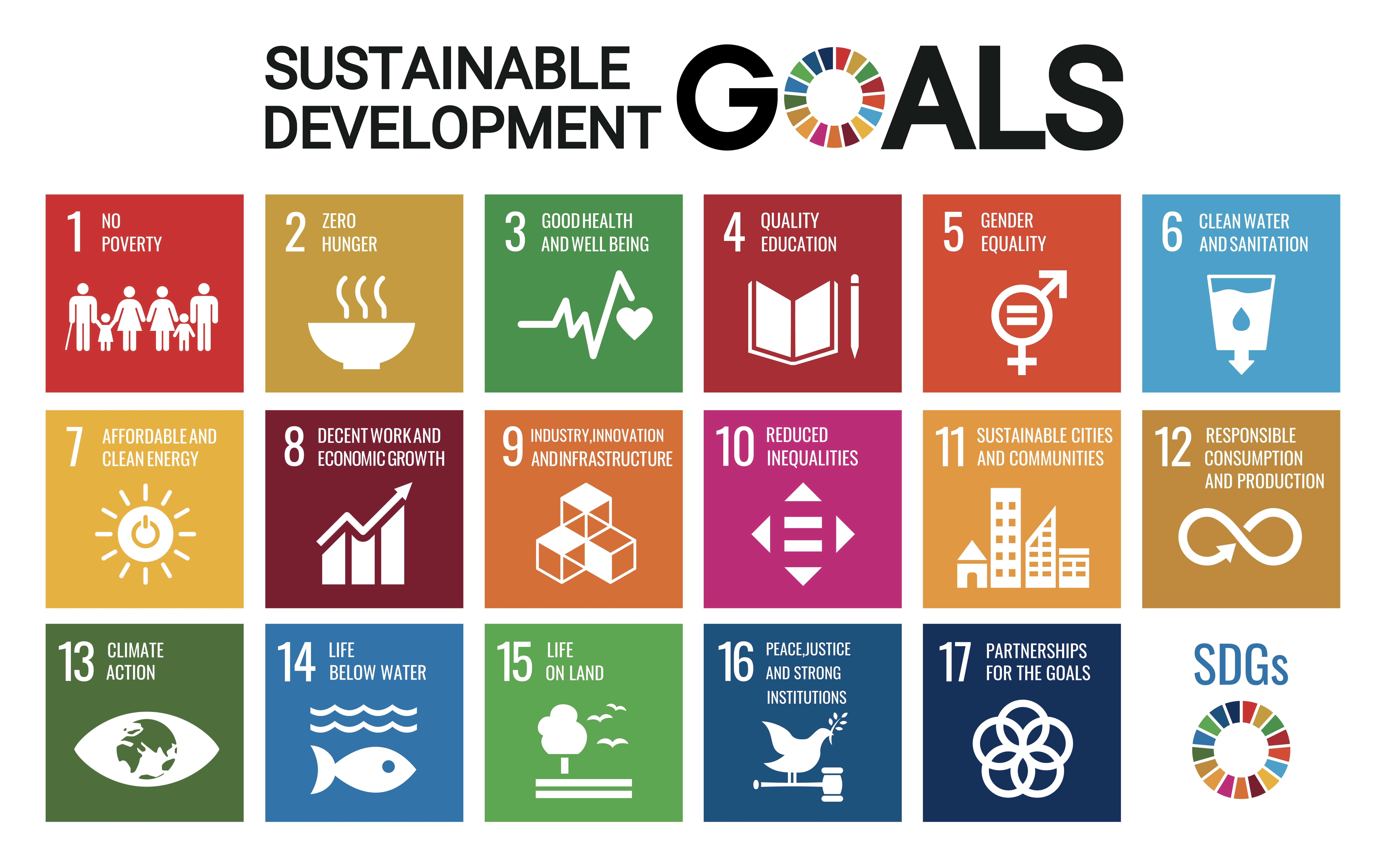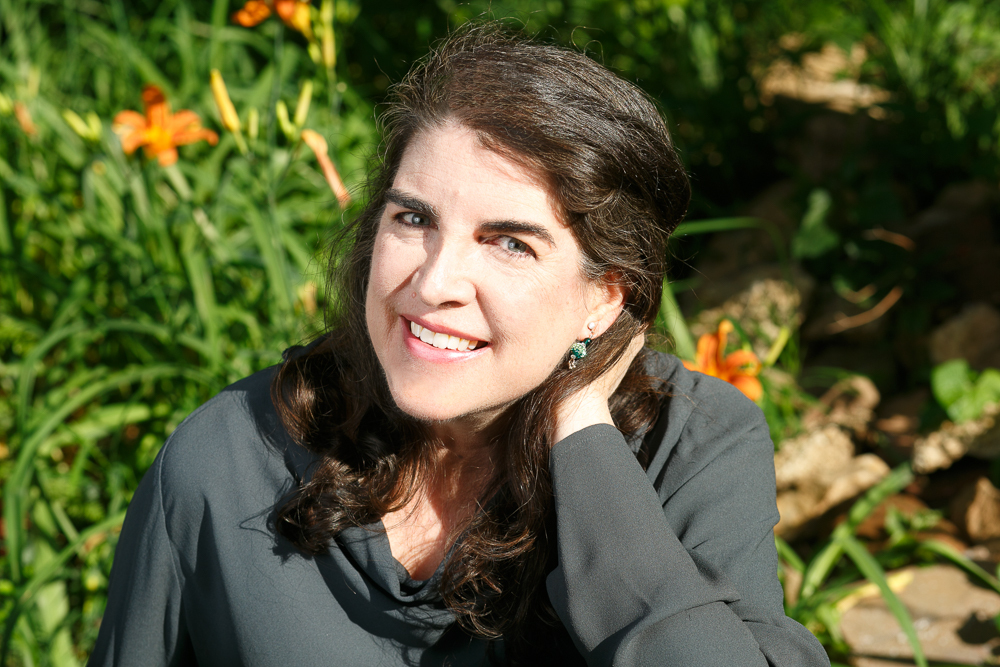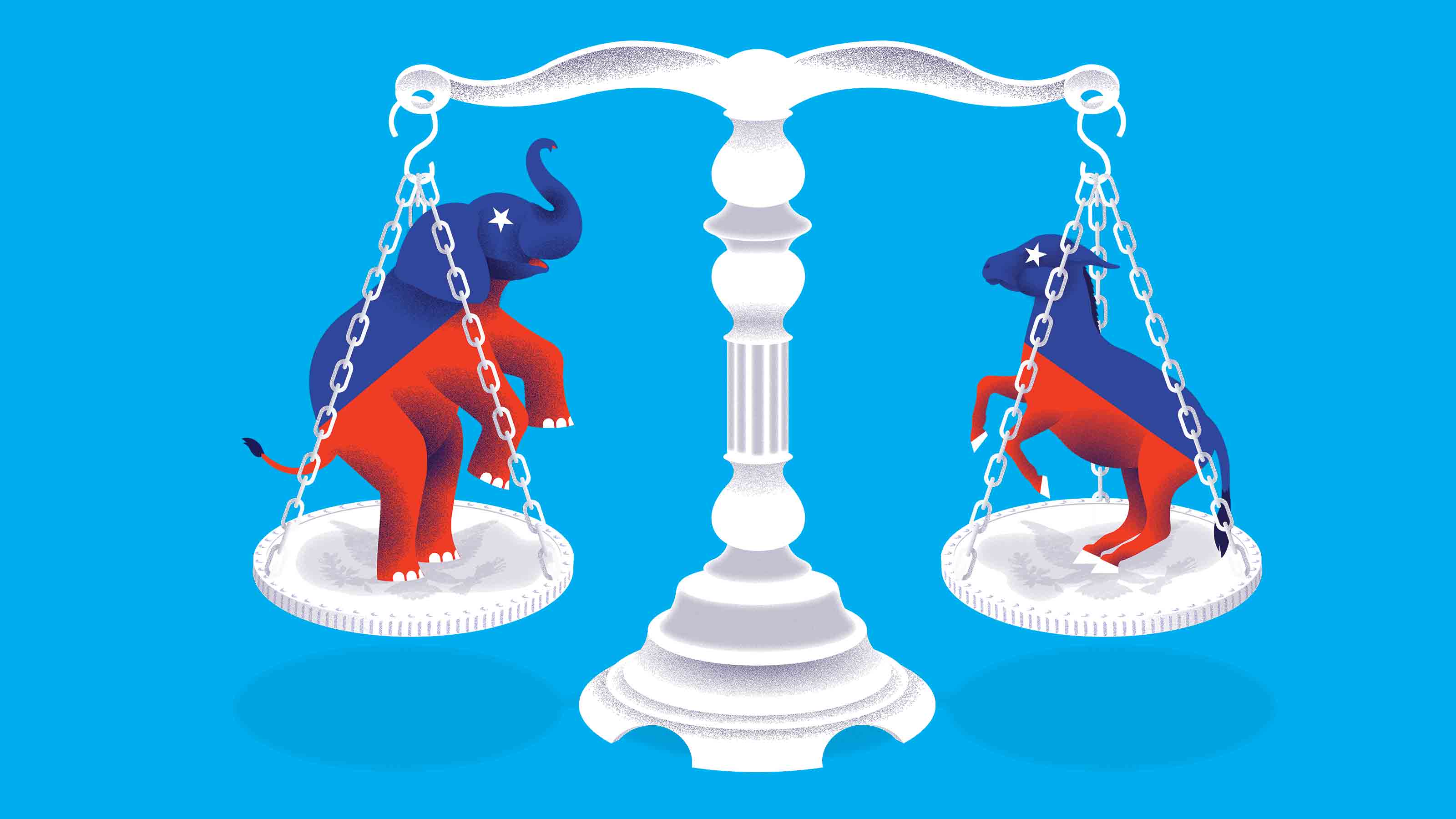This New Sustainable ETF’s Pitch? Give Back Profits.
Newday’s ETF partners with UNICEF and other groups.


Profit and prosper with the best of Kiplinger's advice on investing, taxes, retirement, personal finance and much more. Delivered daily. Enter your email in the box and click Sign Me Up.
You are now subscribed
Your newsletter sign-up was successful
Want to add more newsletters?

Delivered daily
Kiplinger Today
Profit and prosper with the best of Kiplinger's advice on investing, taxes, retirement, personal finance and much more delivered daily. Smart money moves start here.

Sent five days a week
Kiplinger A Step Ahead
Get practical help to make better financial decisions in your everyday life, from spending to savings on top deals.

Delivered daily
Kiplinger Closing Bell
Get today's biggest financial and investing headlines delivered to your inbox every day the U.S. stock market is open.

Sent twice a week
Kiplinger Adviser Intel
Financial pros across the country share best practices and fresh tactics to preserve and grow your wealth.

Delivered weekly
Kiplinger Tax Tips
Trim your federal and state tax bills with practical tax-planning and tax-cutting strategies.

Sent twice a week
Kiplinger Retirement Tips
Your twice-a-week guide to planning and enjoying a financially secure and richly rewarding retirement

Sent bimonthly.
Kiplinger Adviser Angle
Insights for advisers, wealth managers and other financial professionals.

Sent twice a week
Kiplinger Investing Weekly
Your twice-a-week roundup of promising stocks, funds, companies and industries you should consider, ones you should avoid, and why.

Sent weekly for six weeks
Kiplinger Invest for Retirement
Your step-by-step six-part series on how to invest for retirement, from devising a successful strategy to exactly which investments to choose.
Feel like society and the environment are beginning to break down? There’s an ETF for that.
Newday Impact’s Sustainable Development Goals ETF (SDGS) delivers a growth-oriented product that promotes dual impact, promising to advocate for environmental and social improvements and donating 10% of revenues to global youth education and skills development programs.
American Dystopia
Partnering with a veritable who’s who of progressive economists, scientists, and non-profit organizations, the firm’s investment criteria rests on a sophisticated analysis of global ills and solutions. This approach may turn off investors who disdain concepts like decarbonizing the economy, but should resonate with anyone who feels like Mad Max may just drive down Mainstreet, U.S.A. any day now.
From just $107.88 $24.99 for Kiplinger Personal Finance
Become a smarter, better informed investor. Subscribe from just $107.88 $24.99, plus get up to 4 Special Issues

Sign up for Kiplinger’s Free Newsletters
Profit and prosper with the best of expert advice on investing, taxes, retirement, personal finance and more - straight to your e-mail.
Profit and prosper with the best of expert advice - straight to your e-mail.
Though the problems are global, the U.S. is a great place to focus on these daunting problems, according to Newday’s President, Anne Popkin. “It doesn’t matter what side of the political spectrum you’re on,” said Popkin. The U.S. has “food inflation, heat waves, rising tides in the south, and fires in California. It’s all happening here.”
Limits to Growth
The ETF’s rationale is based on the belief that the planet’s ability to withstand human impact on the environment is limited. When these limits are exceeded, we are said to have gone beyond the “planetary boundaries” of the earth. In fact, several resources, like forested land—central to food, fuel, clean water and air—have already been pushed beyond a safe limit of use. Crossing such a boundary means that humans will have an increasingly difficult time thriving, and eventually, surviving on the planet.
Newday points to two approaches that may alleviate this problem. First, the eponymous Sustainable Development Goals encompass 17 broad areas for improving human and environmental outcomes. Established in 2015, the UN Sustainable Development Goals help measure progress against global targets, like ensuring safe drinking water globally by 2030. If that sounds far-fetched, consider that the last version of this exercise, called the Millennium Development Goals, helped to raise over one billion people out of poverty between 2000 and 2015.
Second, Newday has embraced the approach of Earth4All, a group of economists and scientists advocating for revamping the economic system to stay within planetary limits. Based on computer modeling, they contend that climate change and inequality are inextricably linked.
Earth4All calls for an economic system that is focused less on growth metrics and more on the resilience and well-being of society and the environment. Some of these ideas stem from the 1972 book, Limits to Growth, which was also based on computer models that predicted a dystopian future if trends at the time continued.
Youth as the Solution
“Our generation will basically try to stop the sinking of the ship,” according to Popkin, “but the youth will be the ones to find a way forward.” With this adage in mind, SDGS is partnering with UNICEF to develop its advocacy strategy.
Typically firms like Newday engage companies by meeting with executives, voting shareholder proxies, on up to filing shareholder proposals asking for specific changes to company policies.
The ETF will also donate 10% of revenues to several non-profit organizations that support youth leadership. One such group is EarthEcho International, which is building a youth movement to protect and restore oceans. EarthEcho was co-founded by ocean environmentalist Philippe Cousteau, Jr., grandson of the famed ocean explorer, Jacques Cousteau.
Popkin also points to the decline of the middle class and growing inequality in the US as problems the ETF will hope to address.
Under the ETF hood
SDGS seeks long-term capital appreciation, a category that still makes sense given today’s volatile market for investors with a longer time horizon. Benchmarked to the S&P 500, the actively managed SDGS has an expense ratio of 0.75%, which is about average for this type of ETF.
The ETF invests in a blend of value and growth stocks, with about 60% of companies based in the US, and about 40% abroad. Managers also avoid investments in specific countries, including Russia and China.
All holdings are screened to meet basic ESG criteria. Newday evaluates the quality and breadth of company sustainability disclosures, and whether third parties have certified the data. SDGS also avoids investing in companies engaged in the production of landmines, tobacco, and other controversial products. The fund also avoids companies that are involved in the fossil fuel industry or rely on child labor.
Newday’s SDGS is not the only ETF that links its holdings to the UN Sustainable Development Goals. For example, the MSCI Global Impact ETF (SDG) tracks the MSCI index of companies addressing at least one of the 17 goals. Morningstar gives this ETF a five-star, silver rating for being well-priced and having a good management team. The expense ratio is typical of an index ETF at 0.49%, and with over $384 million in assets under management, it has proven popular.
There are also numerous ETFs that target just one of the 17 goals, such as reducing the emissions that cause climate change. The SPDR MSCI USA Climate Paris Aligned ETF (NZUS) is one such example.
These ETFs, issued by more conventional managers, lack Newday’s strong commitment to corporate engagement and profit-sharing with key non-profit groups. Although Newday is small fry compared to firms like BlackRock or State Street, the firm does seem committed to an outsized focus on engagement. Unlike some of its impact-focused competitors, like Calvert and Green Century, the firm does not yet have a meaningful track record as an investor or activist.
Profit and prosper with the best of Kiplinger's advice on investing, taxes, retirement, personal finance and much more. Delivered daily. Enter your email in the box and click Sign Me Up.

Ellen writes and edits retirement stories. She joined Kiplinger in 2021 as an investment and personal finance writer, focusing on retirement, credit cards and related topics. She worked in the mutual fund industry for 15 years as a manager and sustainability analyst at Calvert Investments. She earned a master’s from U.C. Berkeley in international relations and Latin America and a B.A. from Haverford College.
-
 Quiz: Do You Know How to Avoid the "Medigap Trap?"
Quiz: Do You Know How to Avoid the "Medigap Trap?"Quiz Test your basic knowledge of the "Medigap Trap" in our quick quiz.
-
 5 Top Tax-Efficient Mutual Funds for Smarter Investing
5 Top Tax-Efficient Mutual Funds for Smarter InvestingMutual funds are many things, but "tax-friendly" usually isn't one of them. These are the exceptions.
-
 AI Sparks Existential Crisis for Software Stocks
AI Sparks Existential Crisis for Software StocksThe Kiplinger Letter Fears that SaaS subscription software could be rendered obsolete by artificial intelligence make investors jittery.
-
 Best Banks for High-Net-Worth Clients
Best Banks for High-Net-Worth Clientswealth management These banks welcome customers who keep high balances in deposit and investment accounts, showering them with fee breaks and access to financial-planning services.
-
 Stock Market Holidays in 2026: NYSE, NASDAQ and Wall Street Holidays
Stock Market Holidays in 2026: NYSE, NASDAQ and Wall Street HolidaysMarkets When are the stock market holidays? Here, we look at which days the NYSE, Nasdaq and bond markets are off in 2026.
-
 Stock Market Trading Hours: What Time Is the Stock Market Open Today?
Stock Market Trading Hours: What Time Is the Stock Market Open Today?Markets When does the market open? While the stock market has regular hours, trading doesn't necessarily stop when the major exchanges close.
-
 Bogleheads Stay the Course
Bogleheads Stay the CourseBears and market volatility don’t scare these die-hard Vanguard investors.
-
 The Current I-Bond Rate Is Mildly Attractive. Here's Why.
The Current I-Bond Rate Is Mildly Attractive. Here's Why.Investing for Income The current I-bond rate is active until April 2026 and presents an attractive value, if not as attractive as in the recent past.
-
 What Are I-Bonds? Inflation Made Them Popular. What Now?
What Are I-Bonds? Inflation Made Them Popular. What Now?savings bonds Inflation has made Series I savings bonds, known as I-bonds, enormously popular with risk-averse investors. How do they work?
-
 As the Market Falls, New Retirees Need a Plan
As the Market Falls, New Retirees Need a Planretirement If you’re in the early stages of your retirement, you’re likely in a rough spot watching your portfolio shrink. We have some strategies to make the best of things.
-
 Where the Midterm Election Races Stand Today
Where the Midterm Election Races Stand TodayEconomic Forecasts In a tight race, these state elections may make the difference when midterm results are announced in November.